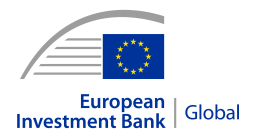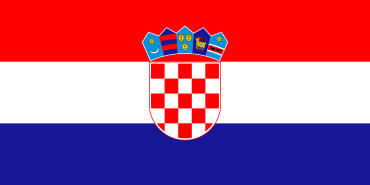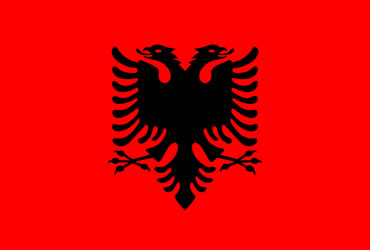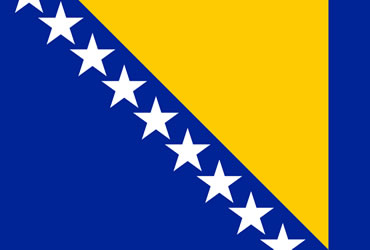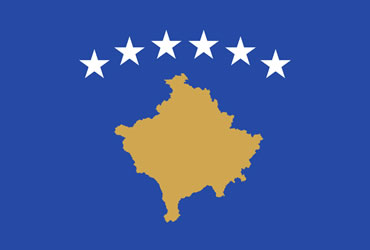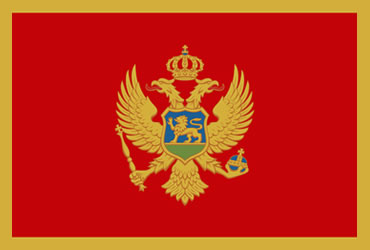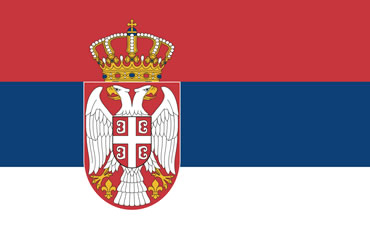
ENEF II investment fund for SMEs launched with €71 million capital
The European Bank for Reconstruction and Development (EBRD), with the support of the European Union, has announced the launch of the Enterprise Expansion Fund II (ENEF II), an investment fund that targets high-potential small and medium-sized enterprises (SMEs) and mid-cap companies in the Western Balkans, providing them with access to tailored financing.
The ENEF II has raised €57 million in capital commitments from its initial investors, which include the EBRD, the European Union (EU), Italy’s Cassa Depositi e Prestiti and Germany’s KfW Development Bank.
At the official launch event held in Belgrade, Serbia, Banca Intesa announced its intention to invest up to €7 million in the ENEF II, marking the first private-sector contribution to the fund. The EU (through EBRD) will match this investment, further bolstering the fund’s resources to €71 million.
The ENEF II provides market-leading companies in the Western Balkans with a range of financing instruments, including equity, quasi-equity and tailor-made debt financing, and aims to build a portfolio comprising 15-20 companies, with individual investments ranging from €0.5 million to €8 million.
Beyond providing expansion and growth capital, the ENEF II complements its investments with comprehensive pre- and post-investment advisory, empowering businesses with the skills and tools they need to build resilient and thriving enterprises. The fund also aims to support companies’ commitments to sustainability by embedding environmental, social and governance (ESG) best practices into its financing instruments.
Organised in partnership with the Embassy of Italy in Serbia, the launch event in Belgrade was attended by Emanuele Giaufret, EU Ambassador to Serbia; Luca Gori, Italian Ambassador to Serbia; and Anke Konrad, German Ambassador to Serbia, underscoring the shared priorities in advancing private-sector growth and economic development in the Western Balkans.
Emanuele Giaufret, Ambassador and head of EU Delegation to the Republic of Serbia, said: “This initiative comes at the right moment as the EU is at the height of preparations of the new Growth Plan for the Western Balkans and Reform Agenda. An important part of the planned reform measures is aimed at private sector development and improving the business environment to increase economic growth, in which the SME sector plays an essential part. We are therefore proud to be investing as much as €26 million into pooled Team Europe efforts and with our partners at EBRD, KfW and CDP we will be stepping up our long-standing support to small and medium enterprises, making Serbia more competitive at the European and global level.”
Serbia’s leading software development company Vega IT has received a €3.1 million loan from the ENEF II to bolster its expansion efforts and enhance its competitiveness in the global market. Vega IT provides software development services to over 200 clients, including global companies such as Costa Coffee, Howden, and Erste Bank. Its journey from a local, small business to a regional player underscores its potential to significantly contribute to Serbia’s ICT ecosystem and the broader region's pool of IT expertise.
Vega IT will use the funds to open new development offices across the US, UK, and the Middle East and hire engineering and sales staff to meet the company’s operational needs. The transaction will enable Vega IT to continue providing quality IT systems to its international client base while boosting its productivity and governance structure.
"We are thrilled to partner with EBRD and ENEF II in this exciting venture," said Ivana Kappenmann, Vega IT’s Chief Financial Officer. "This investment loan not only validates the strength of our business model and growth potential, but also empowers us to execute our strategic vision on a global scale. This financing will serve as a catalyst for the company's ambitious expansion plans, providing vital capital to support our initiatives in key markets around the world."

WBIF Private sector booklet (March 2024)
Roberto Estellés Colom, Team Leader for WBIF Private Sector Development and EFSD+ Guarantees in the European Commission, said: “In cooperation with our WBIF partners, we are providing a wide array of financial instruments to support the competitiveness of the private sector, including grants, loans and guarantees. ENEF II will further enhance an access to finance to MSMEs in the region and shall serve as a catalyst of their sustainable long-term economic growth. Enabling this environment for the growth and prosperity of MSMEs helps their respective economies on the EU accession path, building the common future for the region.”
Matteo Colangeli, EBRD Regional Director for the Western Balkans, said: “We very much welcome Banca Intesa’s participation in the ENEF II, making it the first commercial investor to contribute to the fund’s capital. This will add a new dimension to our extensive cooperation with Banca Intesa in Serbia and the region. We look forward to partnering closely in providing much-needed growth capital to innovative and high potential SMEs.”
Darko Popović, President of the Executive Board of Banca Intesa, said: “I am extremely proud that, in strengthening our cooperation with the EBRD, we continue to find new ways to empower SMEs in our country and other Western Balkan countries, thus helping to strengthen business ties, the economies of individual countries, and the prosperity of the entire region. As the first private investor, Banca Intesa is committed to investing up to €7 million in the ENEF II, from which the funds will be disbursed to clients with significant growth potential, along with the advisory support of EBRD consultants.”
The ENEF II is a new investment fund that was established with EU support, building on the success of its predecessor fund, the ENEF. The ENEF II, part of the Western Balkans Investment Framework, is advised by the EBRD. Dedicated to SMEs and mid-caps in the Western Balkans, the ENEF II has already started investing in local companies.
---
About WBIF Private sector support
The development of a robust private sector is essential for regional socio-economic development and integration, and to improve the region’s competitiveness and job creation. The Economic and Investment Plan (EIP) for the Western Balkans focuses on the importance of supporting start-ups and micro-, small and medium-sized businesses as a means to this end and directs significant investments towards innovation and green growth. To unlock the potential of the private sector, increased EU financing is made available through blending of grants and loans, and guarantees under the Western Balkans Guarantee Facility (EFSD+). This reinforces open, innovative, business friendly eco-systems. Since 2009, the EU provides almost €600m in funds for 343,000 MSMEs in the Western Balkans, for projects with a total value of €6.2bn. The investment has supported and/or sustained more than 885,000 jobs in the region, including 14,000 young people hired or trained. The environmental impact of the supported companies is also positive, with EU-supported projects contributing to 1.3m MWh in annual energy savings, and reduction of CO2 emissions by 400,000 tonnes.
More about the WBIF Private sector programmes here
